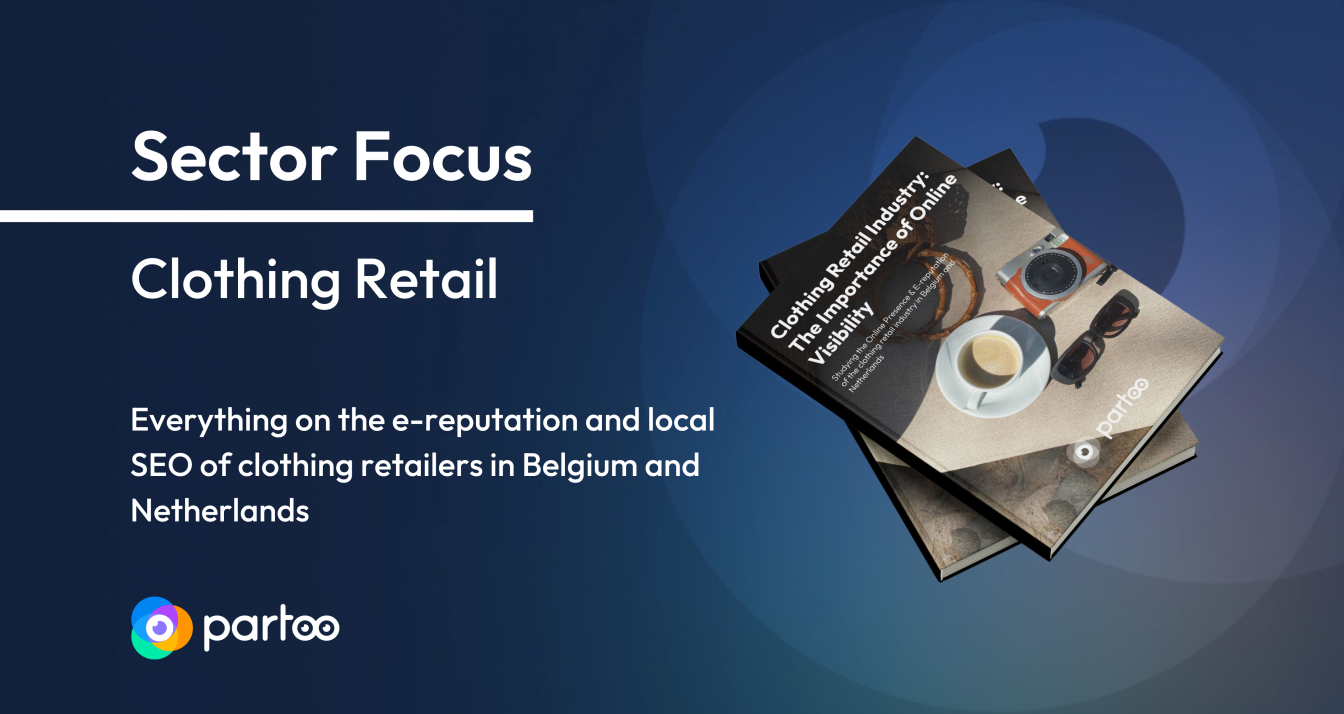
Saudi Arabian Restaurants : The Importance of Online Visibility
Are the food service sector in the Kingdom of Saudi Arabia managing their e-reputation well?…

Table of contents
Google’s rules for local SEO are at times mysterious. City, category, services… What are the keywords that will make your company stand out from its competitors? Which ones, on the contrary, will penalise your online visibility?
Since the major “Vicinity” update of the local algorithm, these rules have changed a little. To better understand the impact of keywords on Google rankings, Partoo analysed 16,200 Google Business Profiles among its French clients (large companies, SMBs and self-employed). Here’s what we’ve learned.
In 2022, businesses of large brands, chains or franchises appear 42% more often on discovery searches when they did not include keywords in their name. This is a significant gap, but a relatively recent one, since in 2021 the difference between listings with and without a keyword was barely noticeable (-2%).
It is also found that the number of discovery searches for businesses which do not include any keywords has increased by 67% between 2021 and 2022, and by only 13% for businesses which do.
Definition: a “discovery search” is when an Internet user searches for a category, product or service that the company offers, and the company’s listing appears among the results.
While the trend is interesting for big companies, it is considerably more dramatic for small businesses. In fact, in 2022, they appear in 149% more discovery searches when they do not indicate a keyword in the title of their listing. The previous year, the gap was only +40%.
We can see that the number of discovery searches in which SMBs appeared among the results increased by 201% between 2021 and 2022 when they didn’t indicate any keywords in their name. Conversely, if they included a keyword, the number of appearances on these queries increased by only 15%. It is a significant growth in the online visibility of this type of businesses.
The Vicinity algorithm update has changed the game: by tightening the rules about what type of keywords are accepted in business names, Google is forcing the hand of businesses to harmonise local search results for Internet users and penalise those who do not play along.
Most searches are carried out by mobile phone: in 2022, 70% of web traffic comes from mobile devices, and users are increasingly geolocated. This trend is growing and directly influences the results displayed by Google.
Location-based search terms are now obsolete: thanks to GPS location on mobile devices, the way we search for local businesses is changing. Internet users are no longer looking for a city and trust their geographical location.
Forcing certain keywords into the name of your listing can negatively affect your online presence. In a constantly evolving ecosystem, adapting to new practices and staying on top of Google updates is essential, now more than ever.
Any questions about our study? Do you need help to optimise your Google Business Profile? Don’t wait any longer! Contact Partoo!
Methodology of the study: data from 16,200 Google Business Profiles of businesses located in France, all categories centralised and managed by Partoo.
Want to easily develop your business through the Internet? It’s possible thanks to Partoo!
Download our 2024 barometer and discover which companies manage their online reputation the best, along with recommendations to enhance your business!

Are the food service sector in the Kingdom of Saudi Arabia managing their e-reputation well?…

Since the Google I/O conference on May 14, 2024, the topic “AI Overview” has been…

Are clothing retailers managing their e-reputation well in Belgium and the Netherlands? What about their…
Receive our best articles and practical guides directly in your inbox every month